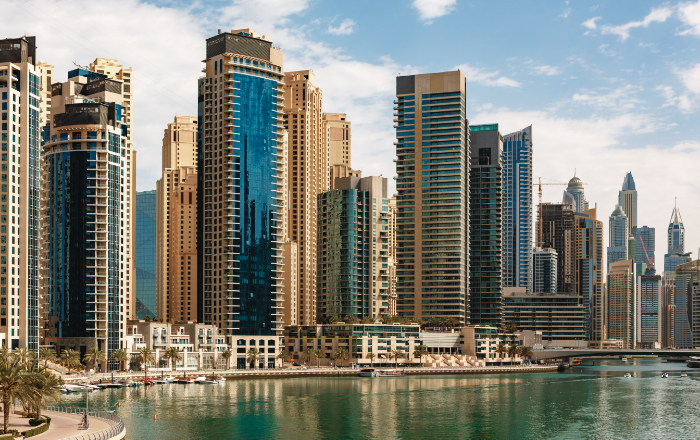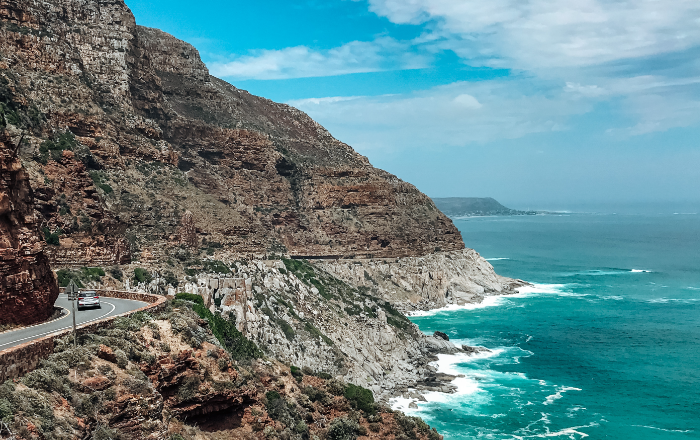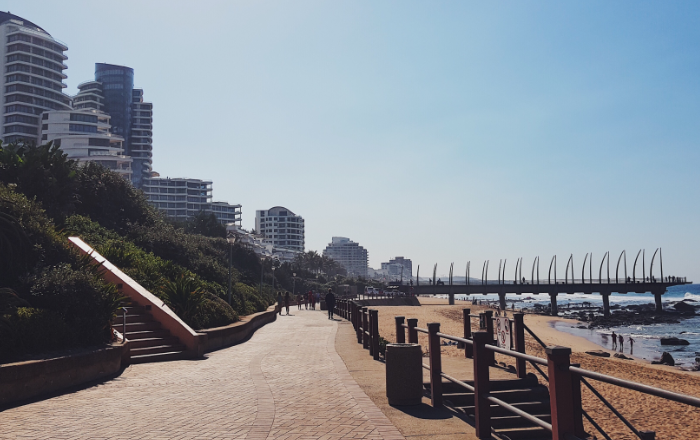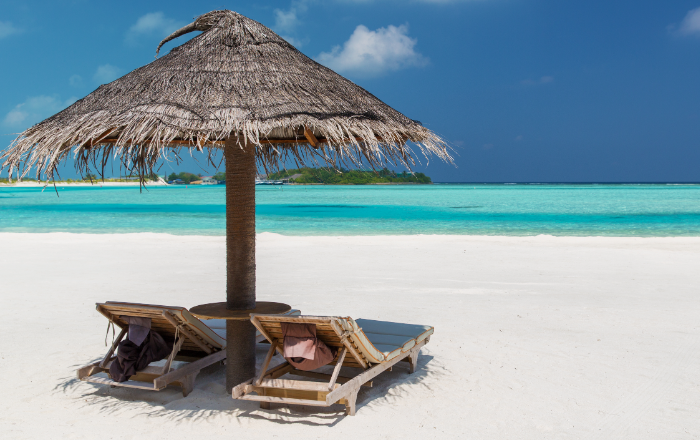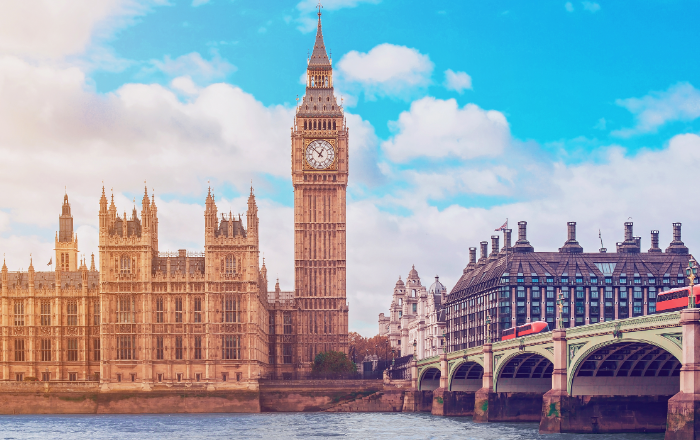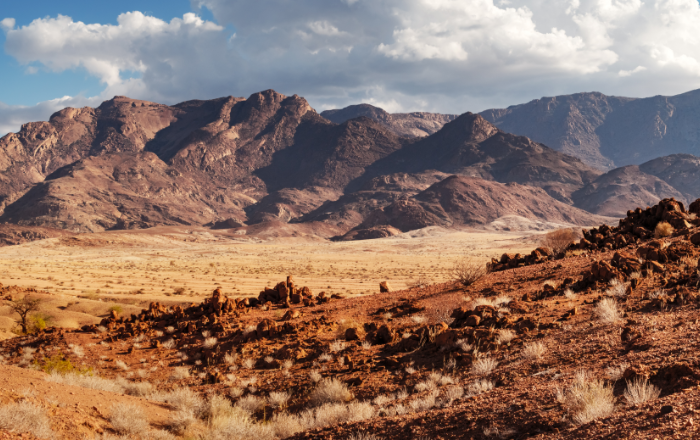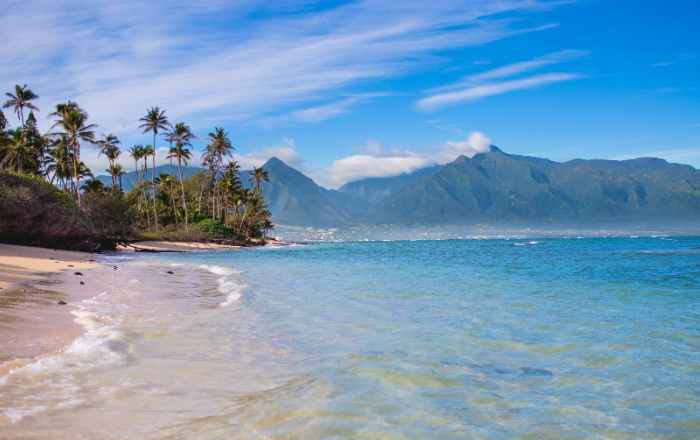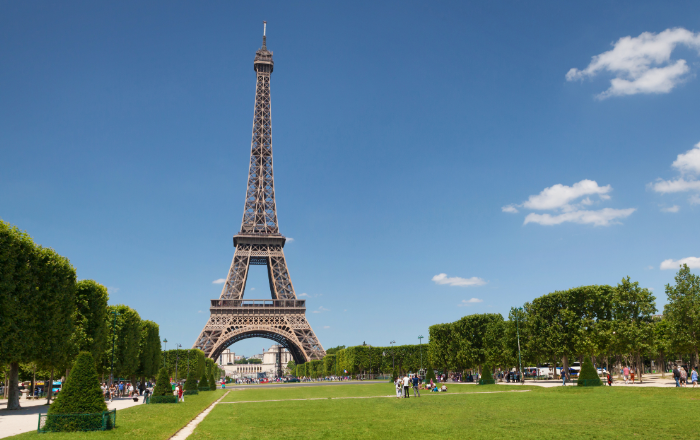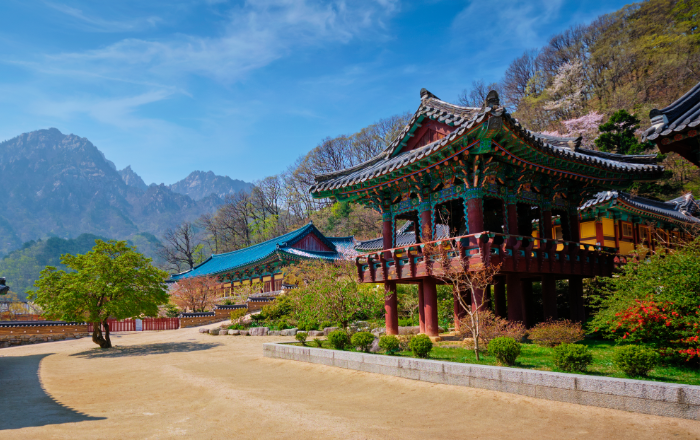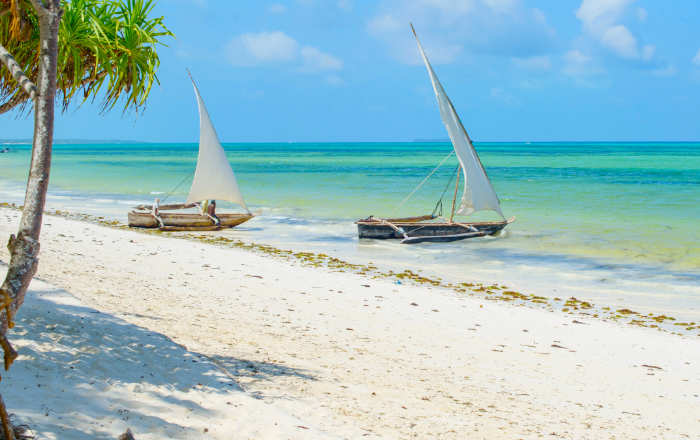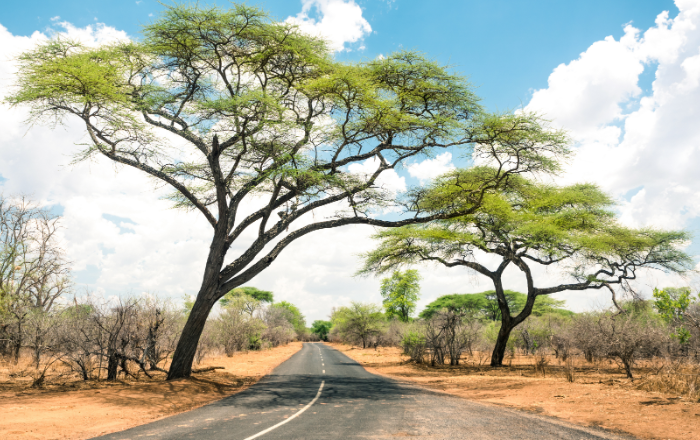Flight tickets from George to Lagos
Lagos, the most populous city in Africa, is a vibrant and dynamic destination for tourists and business people alike. This bustling city offers a wide variety of attractions, from beaches to nightlife and shopping, to religious and cultural sites. As one of the most bustling cities in West Africa, Lagos has a complex history and is the former capital of Nigeria. From the earliest days of its establishment to the present day, the city has evolved and changed drastically, adapting to the continual influx of population and economic growth. In this text, we will explore the history, culture, and attractions that make this unique city a fascinating place. Let's begin!
Getting to Know Lagos
Lagos is the most populous city in Nigeria and one of the most populous cities in Africa. The population of Lagos is estimated to be over 21 million people, making it the second largest metropolitan area in all of Africa and the seventh-largest metropolitan area in the world. Its main language is English, however other languages spoken in the city include Yoruba, Igbo and Hausa. Lagos is located in the West African Time Zone, which is one hour ahead of Coordinated Universal Time (UTC). There are no daylight savings times in the West African Time Zone, which means it is always one hour ahead of UTC. The official currency of Lagos is the Nigerian Naira (NGN). It is one of the most traded currencies in Africa, and the Naira is often accepted for payments throughout Nigeria. Other local currencies which are commonly used in Lagos include the Pound Sterling, U.S. Dollar, and Euro.
Climate and Weather
The climate of Lagos can be described as tropical wet and dry. The wet season spans from March to July and the dry season lasts from August to February. During the wet season, the temperatures are high, with the hottest months being April and May, when temperatures can reach the low 30s Celsius (around 90F). The dry season is generally cooler, with daytime temperatures reaching the mid- to high-20s Celsius (around 70F). Humidity levels are quite high throughout the year. Rainfall is also highly variable, with the wettest months being April, May and June, when the city receives an average of at least 200mm of rainfall. The city also experiences two rainy season peaks, in April and October. Overall, Lagos has a warm, humid climate, with temperatures usually remaining quite consistent and comfortable throughout the year.
Touring Lagos: Airport and Transportation
There are two airports in Lagos: Murtala Muhammed Airport, which is the main international airport and Nnamdi Azikiwe International Airport which is a domestic airport. You can get from the main airport to downtown Lagos via metered taxi or bus. The cost of a taxi is around 4000 NGN to 6000 NGN (12 USD to 17 USD). An alternative could be to take the public bus for around 100 NGN (0.3USD). Yes, you can change money at Lagos airport using one of the currency exchange booths located in the arrival and departure halls.
Exploring the Rich History and Culture of Lagos
- Lagos has a long history dating back to 1472 when the Portuguese explorer Ruy de Sequeira set foot on the shore. It has since grown to become Nigeria's economic and cultural hub, as well as one of its most populous cities.
- Lagos is home to numerous cultural landmarks and events, such as the annual Lagos Carnival, the National Museum of Nigeria, and the Ozumba Mbadiwe Festival.
- Lagos is also known for its vibrant nightlife scene, with bars and clubs often featuring traditional Nigerian music, as well as contemporary jazz, hip-hop, and afrobeat
Check the weather before buying a ticket from George to Lagos
Q&As for booking flights from George to Lagos
How long is the flight from George to Lagos?
There are no direct flights from George to Lagos, so the answer to this question depends on the routing. A flight with one stop may take around 10 hours, while a flight with two stops may take closer to 16 hours.
How far is the flight from George to Lagos?
The flight from George to Lagos would be approximately 17 hours and 50 minutes.
Which airlines fly direct from George to Lagos?
There are no direct flights from George to Lagos. The closest airport to George is George Airport, and the closest airport to Lagos is Murtala Muhammed International Airport.
How many airports are there in Lagos and what are their official names.
The Lagos area has two major airports: Murtala Muhammed International Airport (IATA:LOS, ICAO:DNMM) and MM Airport Domestic Terminal (IATA:LOS, ICAO:DNMM).
How many flights are there a week from George to Lagos?
There is only one flight a week from George to Lagos.
When is the cheapest time to buy a ticket from George to Lagos?
The cheapest time to buy a ticket from George to Lagos is three days in advance.
How can i get from the main airport to downtown in Lagos and how much does it cost?
There is no one definitive answer to this question as it can depend on various factors, including which airport you are arriving into, what time of day you are arriving, and whether you are travelling alone or with others. There are a few different options for getting from the airport to downtown Lagos, including taking a taxi, renting a car, or using a ride-sharing service. The cost of each option can vary, so it is important to compare prices and choose the option that best suits your needs.
